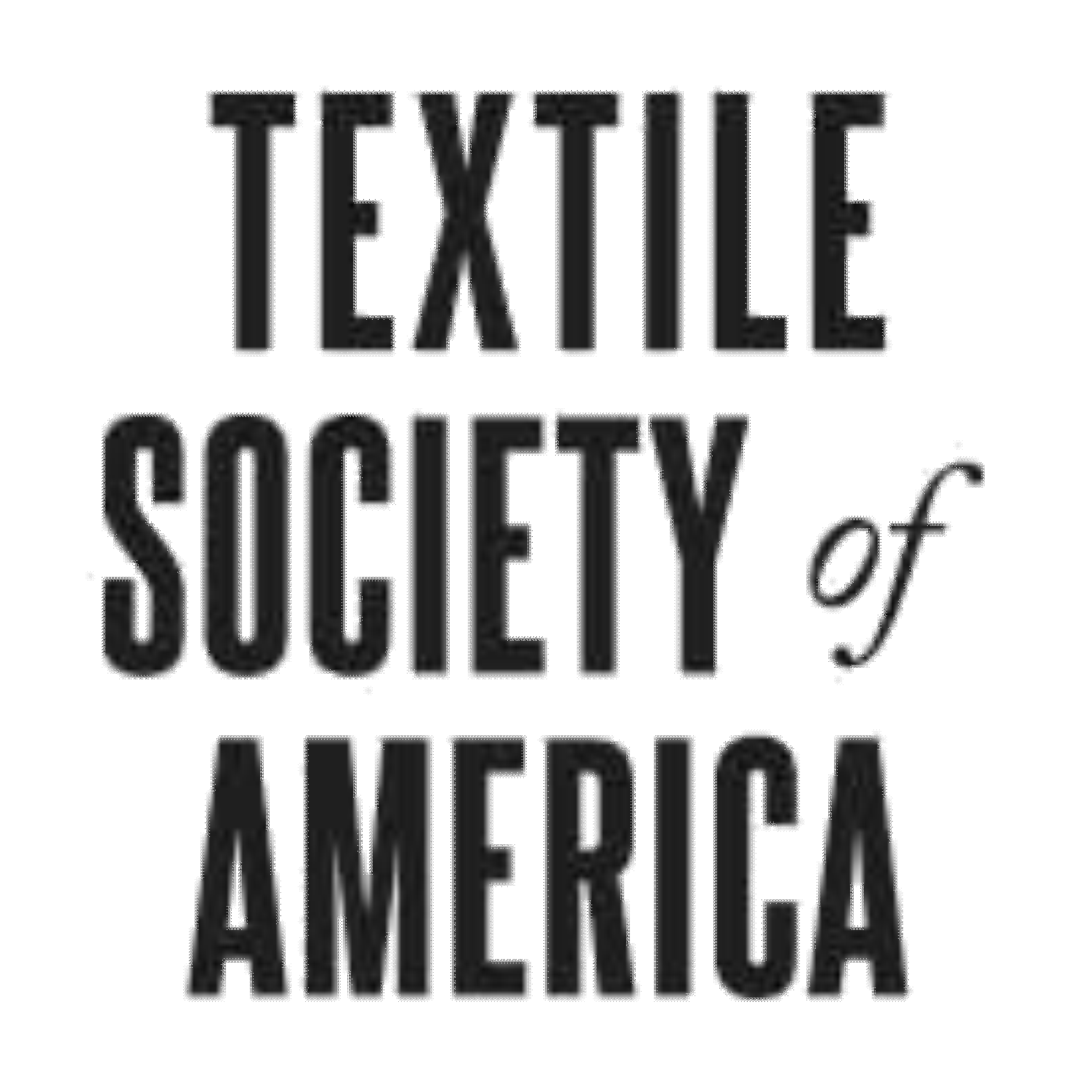|

The Textile Society of America, Inc. provides an international forum for the exchange and dissemination of information about textiles worldwide, from artistic, cultural, economic, historic, political, social, and technical perspectives. Established in 1987, TSA is governed by a Board of Directors from museums and universities in North America. Its 700 members worldwide include museum curators, teachers, historians, artists, students, dealers, and collectors. TSA organizes biennial symposia. The juried papers presented at each symposium are published in Proceedings. It also distributes a Newsletter, membership directory, and textile bibliography. These Publications are included in TSA membership.
|